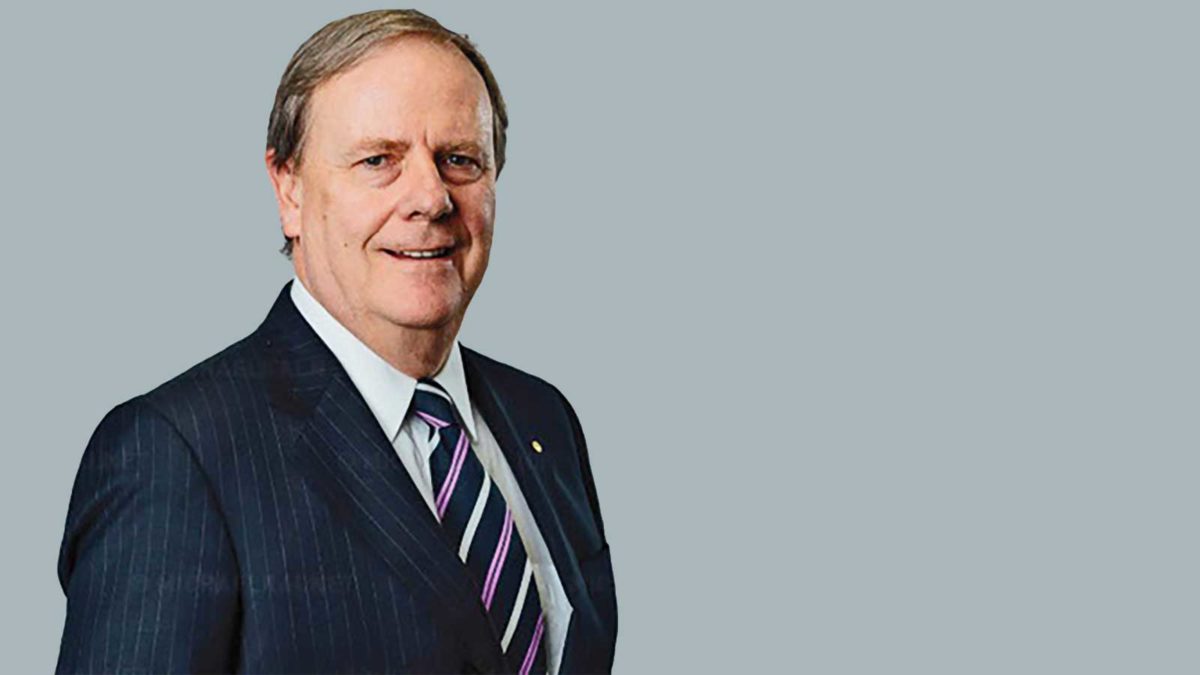No time for Future Fund to rest on its laurels
While Australia’s sovereign wealth fund has seen a massive return of 22 per cent, the good times won’t last. China tensions are weighing heavily on Peter Costello’s outlook.
Rebounding from a negative 0.9 per cent return during the depths of Covid-19 is no small feat, but Peter Costello, Future Fund chairman, told media on Thursday (August 26) that outsize returns were unlikely to be a feature of future briefings and that the fund had been wary of allocating to China’s economic powerhouse due to rising geopolitical tensions.
“China is a big part of the emerging world, and ordinarily we would be taking a position in relation to that,” Costello said. “But given the difficulty in the relationship between Australia and China we have pulled back on allocation in China.”
“This is not because the government has instructed us to do it or anything like that, but we just think that in the difficulty of the situation we have to be careful with sovereign money. So we have not grown our position in China in a way we probably would have if it hadn’t of been for the difficulties in the relationship… we think it’s wise to be cautious when we’re making the allocations.”
The colossal 22 per cent is the strongest in the Future Fund’s almost 15-year history – made more impressive by the fact that the fund has had no capital inflows since it was seeded with $60.5 billion in 2007 from historical surpluses and has since managed to increase its value by some $136 billion.
The Future Fund’s private equity portfolio was a particularly bright spot, with Costello calling it a “very strong performer”. Private equity now comprises 17.5 per cent of its portfolio – up from around 13 per cent six months ago – and the Future Fund also lifted its exposure to Australian infrastructure through the acquisition of Tilt Renewables and the purchase, as part of a consortium of investors including Commonwealth Superannuation Corporation Sunsuper, of a 49 per cent stake in Telstra’s InfraCo Towers business as part of a hedge against what they believe will be an increasingly inflationary environment.
“We’re thinking very hard about inflation and so we are taking steps in the portfolio to get ready for that – hence the infrastructure acquisitions, and they’re examples of the assets we expect would do relatively well in that sort of environment,” said Raphael Arndt, Future Fund CEO.
Costello also commented on the recent proposal from senator Andrew Bragg to create a government-run national default superannuation fund which the Future Fund could manage investments for. While Costello stressed that the Future Fund can – and does manage money for some organisations but wouldn’t actually be the fund, he agreed that the idea has merit.
“I think a public default fund has a lot going for it, and my view has always been that if the government is going to tell people that they’ve put aside their money into a fund it makes sense for them to run a low-cost default fund,” Costello said. “But the government would have to set up a new fund to do it.”











